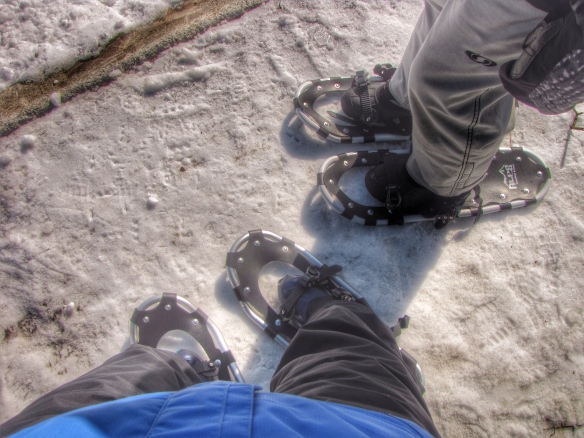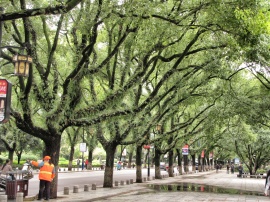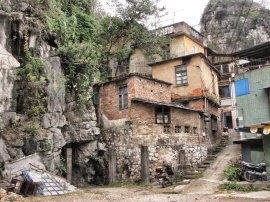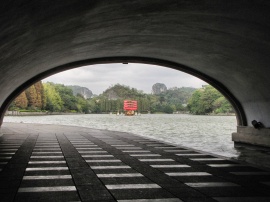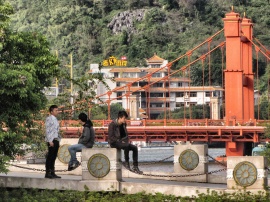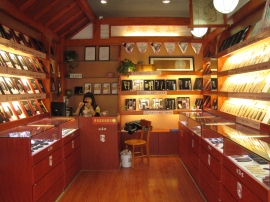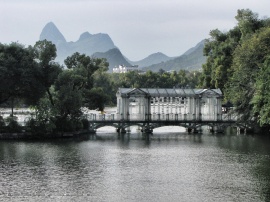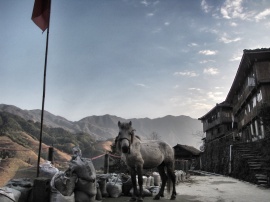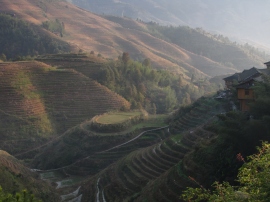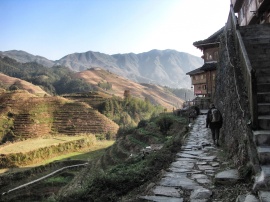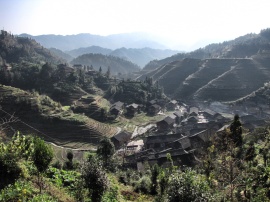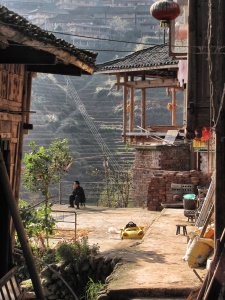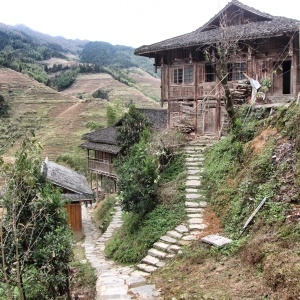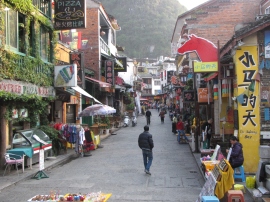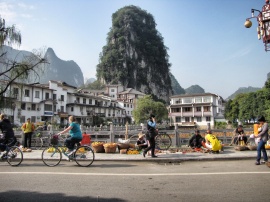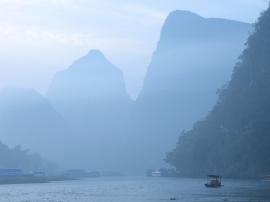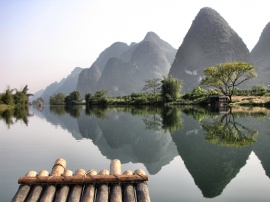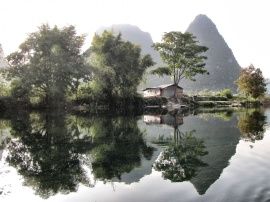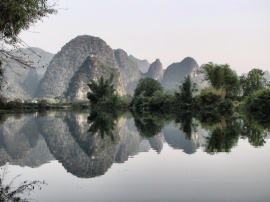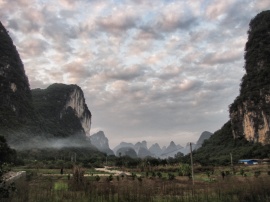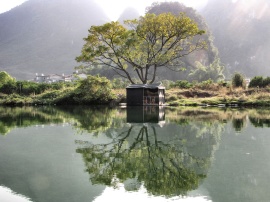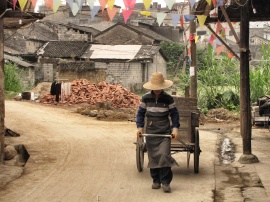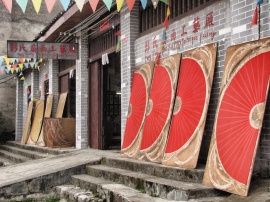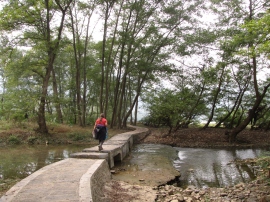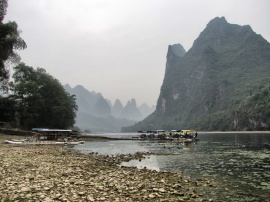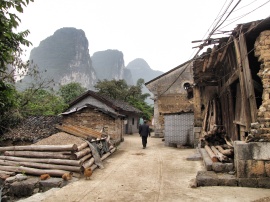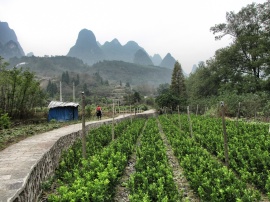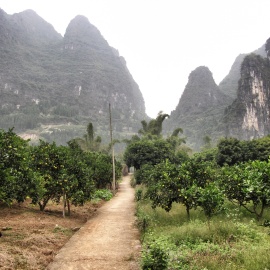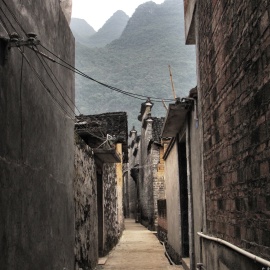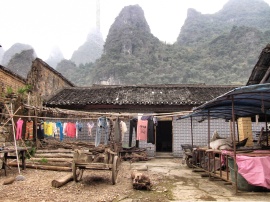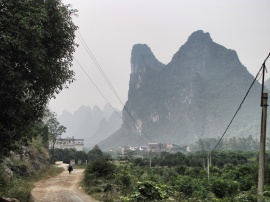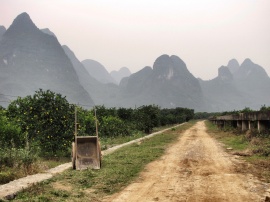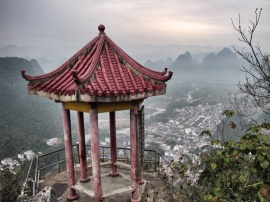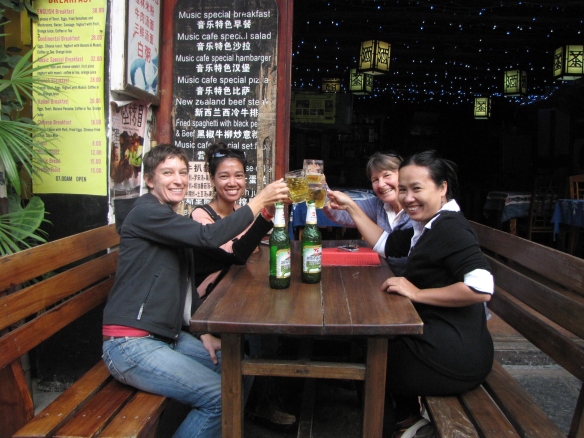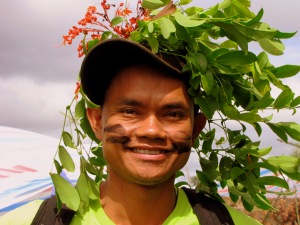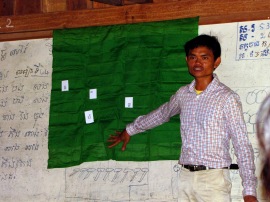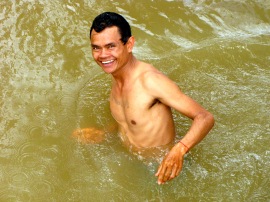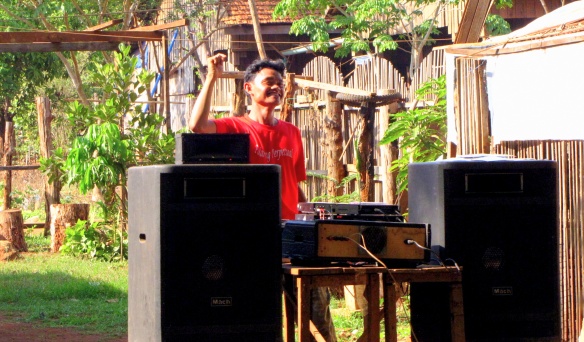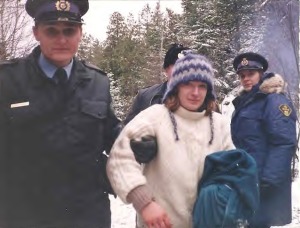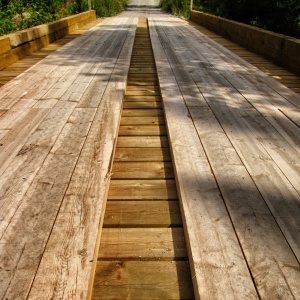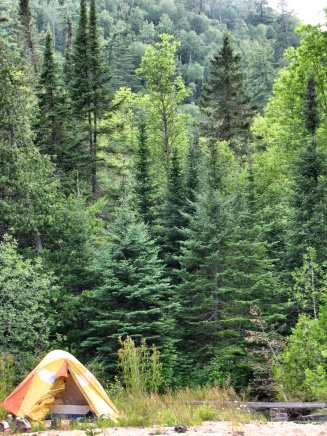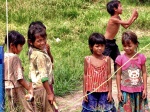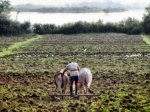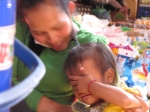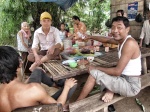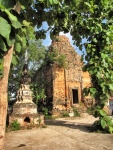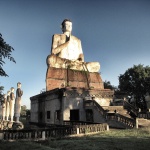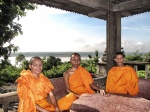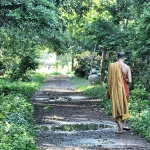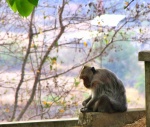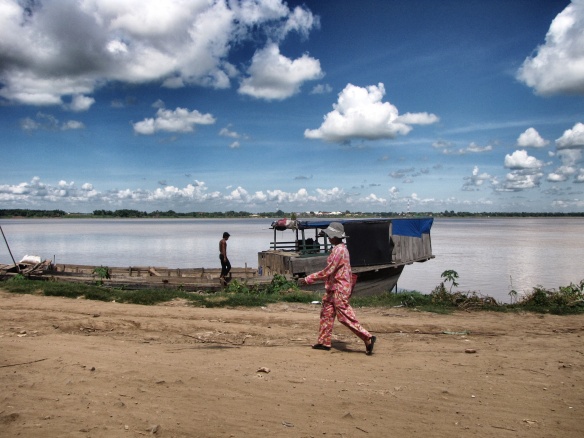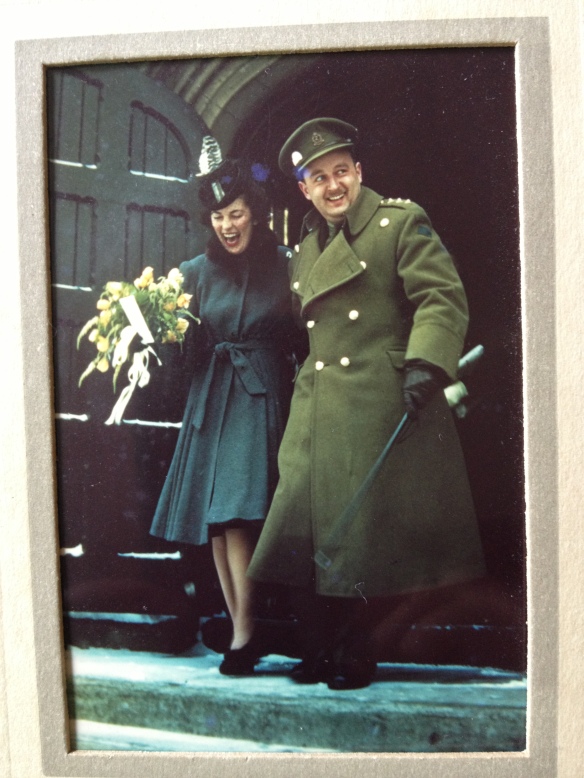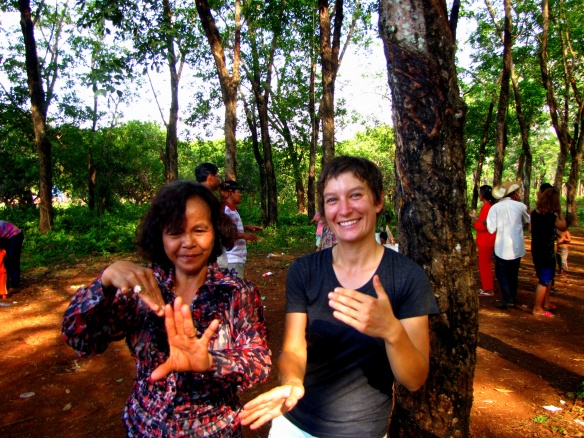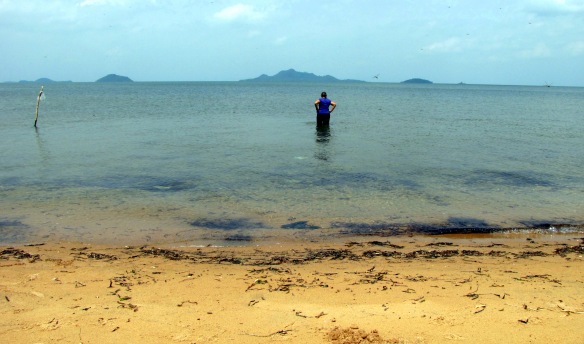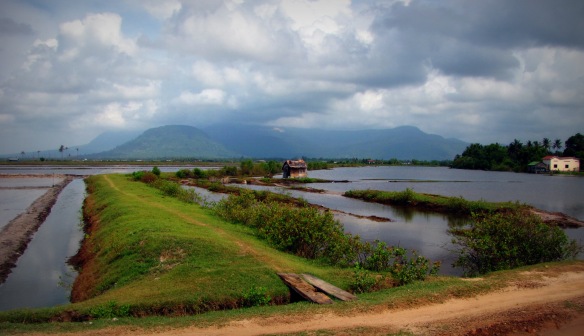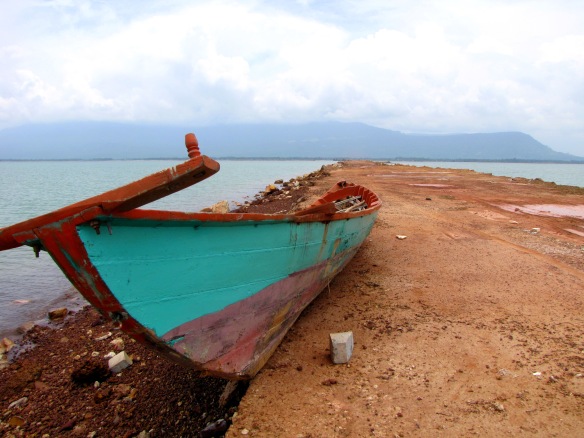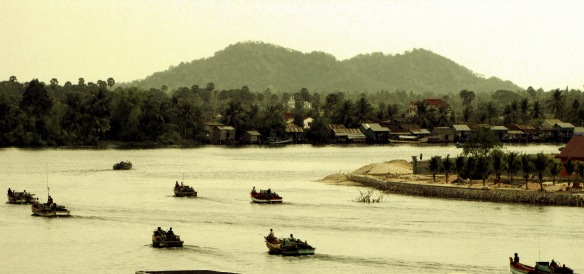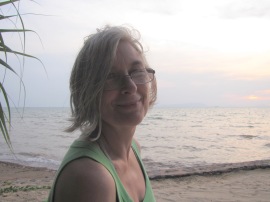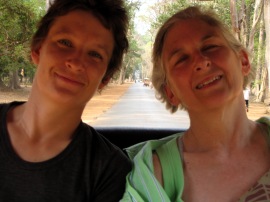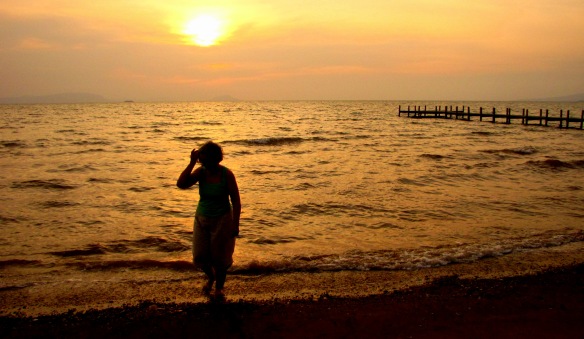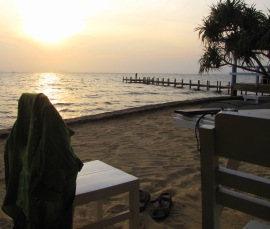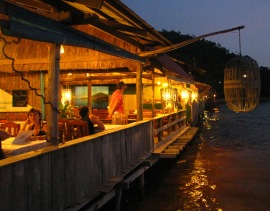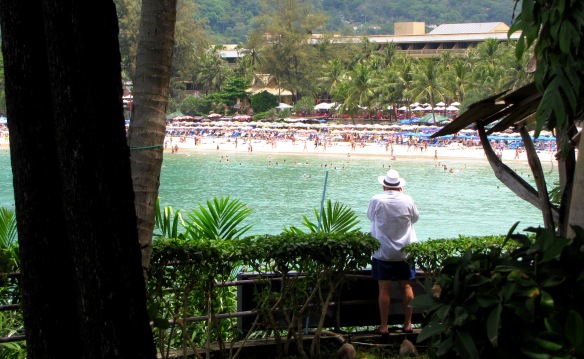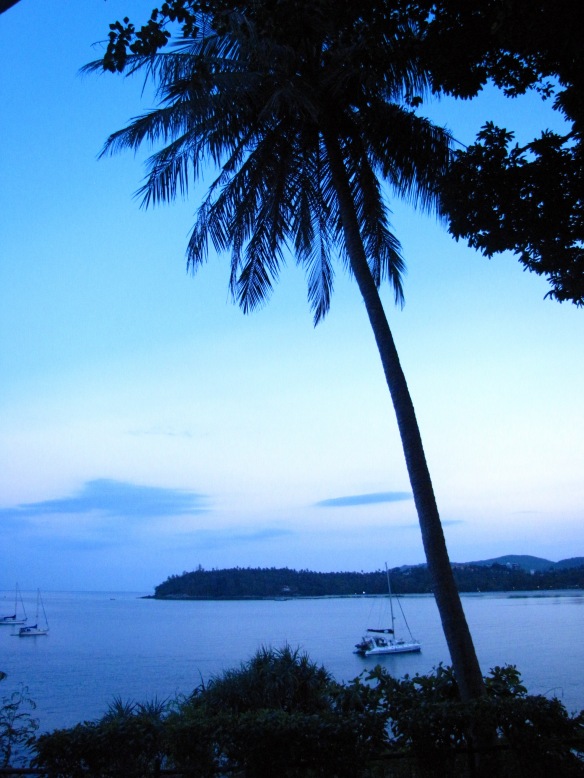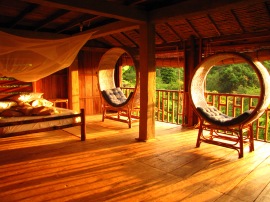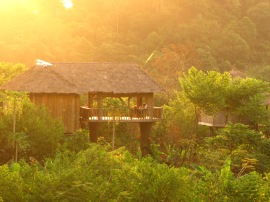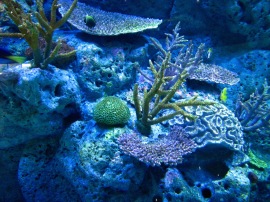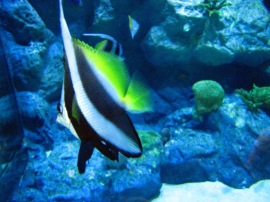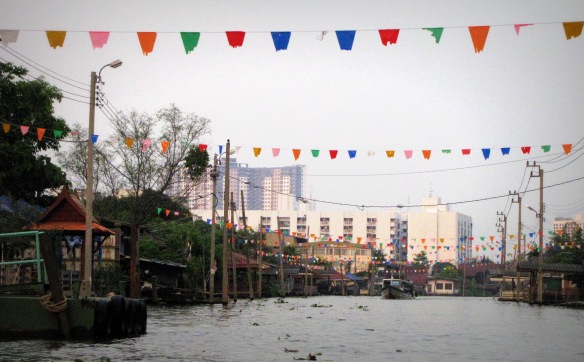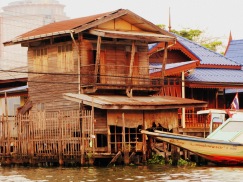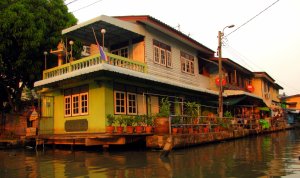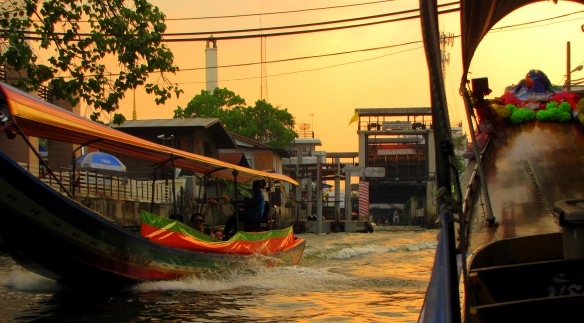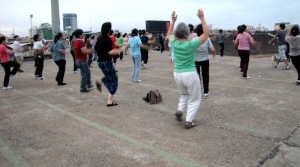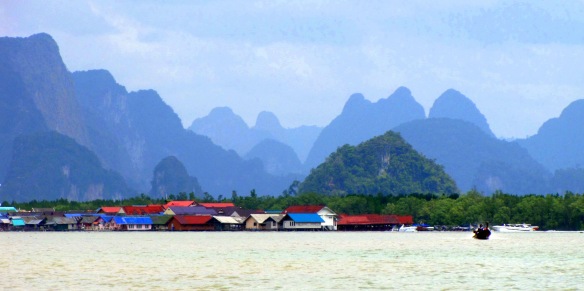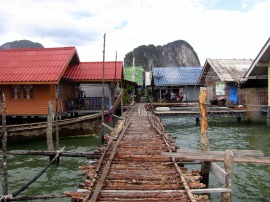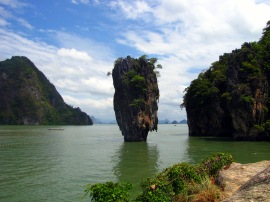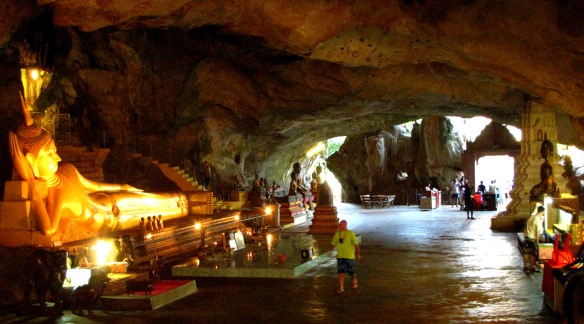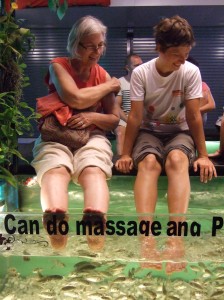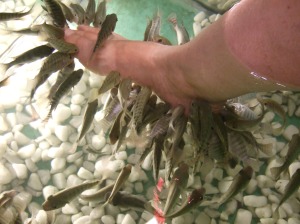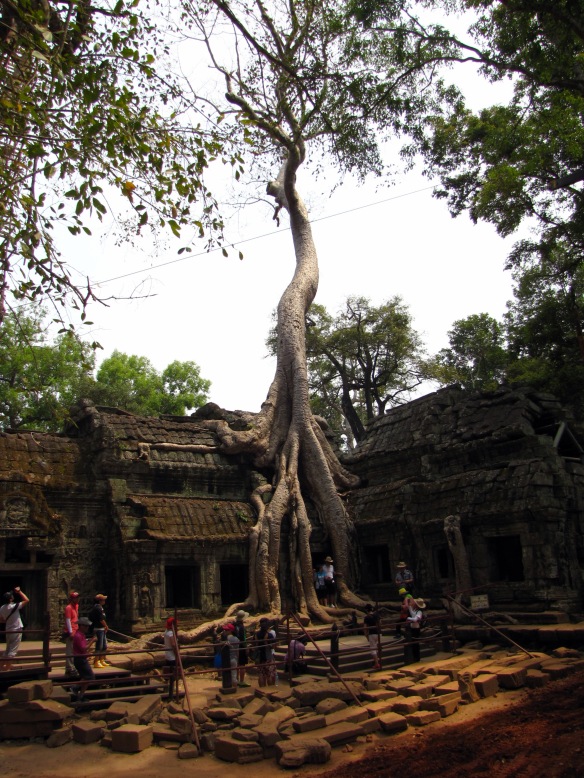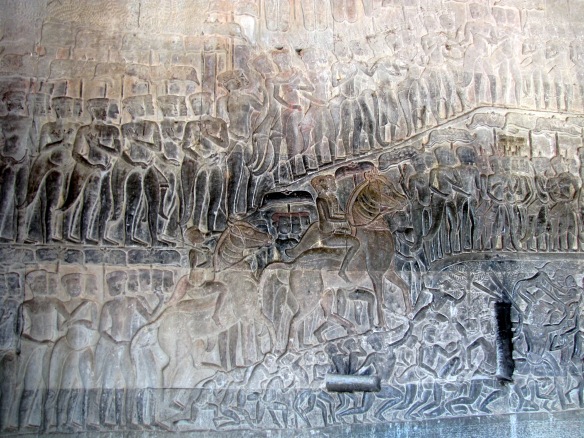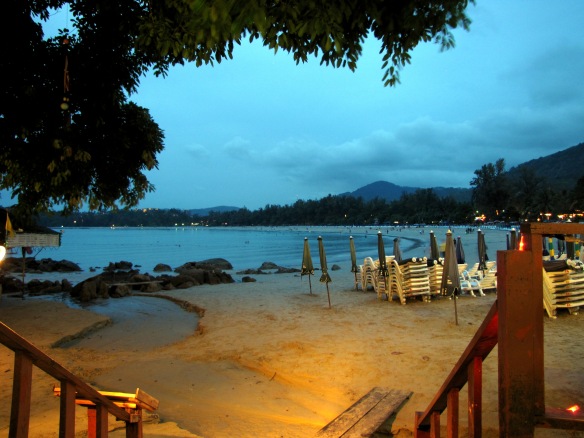Soundtrack to this post:
I should be packing right now, but, well, I keep finding other things that I should do first. Like wash my clothes, or sweep the red dust off the balcony (again), or write a plog post about how I should be packing.
My feelings about leaving are like a roller coaster, or maybe more like an iceberg. Whatever, pick your favourite cliche. I want to be home, I’m ready to be home, and all of my activities and thoughts are centred around being home: job searching, apartment hunting, connecting with friends to make sure they’re still there, looking up what new and exciting restaurants are waiting for me to discover in Toronto. But leaving? Going home? That part isn’t so simple.
Living here, you have to adjust to the temporary nature of everything and everyone in your life, and the sense that what’s yours is only on loan.
My house – the contents of which is the accumulation of books, furniture, sheets, trinkets, art, towels, kitchenware, etc, that belongs to the ether and has been left behind by years of other foreigner tenants, and will be left behind by me for the next tenant – probably more accurately belongs to the geckos, spiders, chipmunks, bees, frogs, and rats that scurry out of sight when I enter the room and have seen dozens of human occupants come and go. It’s been forcibly broken into twice since I’ve lived here, and things have mysteriously disappeared from in and outside the house too many times to count. One day the low-hanging branches on my milk fruit tree are heavy with ripe fruit, and the next the branches are bare when I go to pick them. One day I have three pairs of shoes outside the door, and the next I have only one. One day I have a garbage bin outside the gate, and the next I have none. One day my cooking pot is in the kitchen, the next it’s in the yard. Nail clippers, tampons, scissors, fridge magnets, speakers, reusable cloth bags, frying pans, flip flops, foreign currencies, the green dish scrubbies…where did they all go?
People and animals are similarly gone from your life all too soon. Pets tend to choose you, rather than the other way around, showing up asleep on your balcony one day, expecting tummy rubs and food scraps and a soft spot to sleep. A few months later, they die or disappear just as quickly as they came, never to be seen again. Work colleagues, the lady from the corner shop, the little boy who used to collect plastic bottles for recycling, neighbours…simply aren’t there one day. Inevitably you learn they’ve died in a road accident or of an unidentified disease. The white flags hung outside the dead’s house and the mournful cry of a funeral song that I can hear somewhere off in the distance as I write this are public and almost daily expressions of loss, each house in town taking its turn, each passer-by and person within earshot turning their head as they take notice. In Cambodia, new friends and lovers appear seemingly out of thin air, connections made fast and furious, and then they move back home, or I do.
Even the little things come and go more frequently here than they do at home. Hair grows faster and falls out more frequently. Electricity is there one minute, gone the next. Nails grow faster. Batteries drain more quickly. The air comes out of your tires more quickly. Why is everything in such a hurry?
The moral of the story is probably to acknowledge that all things are temporary, to appreciate and love them fully while they last, to take time to mourn their loss, and to let them go. This is maybe what spiritual people call “non-attachment”, and something I always thought I was pretty good at. As the end nears, though, I find myself pushing away the appreciating-it-while-it-lasts part, putting up blinding screens between me and the loss part, and pretending I’m already at the let-it-go part. Hm. I know there are some feelings in there somewhere because my eyes have threatened but stopped just short of welling up three times while writing this. I’ll pack tomorrow.




























